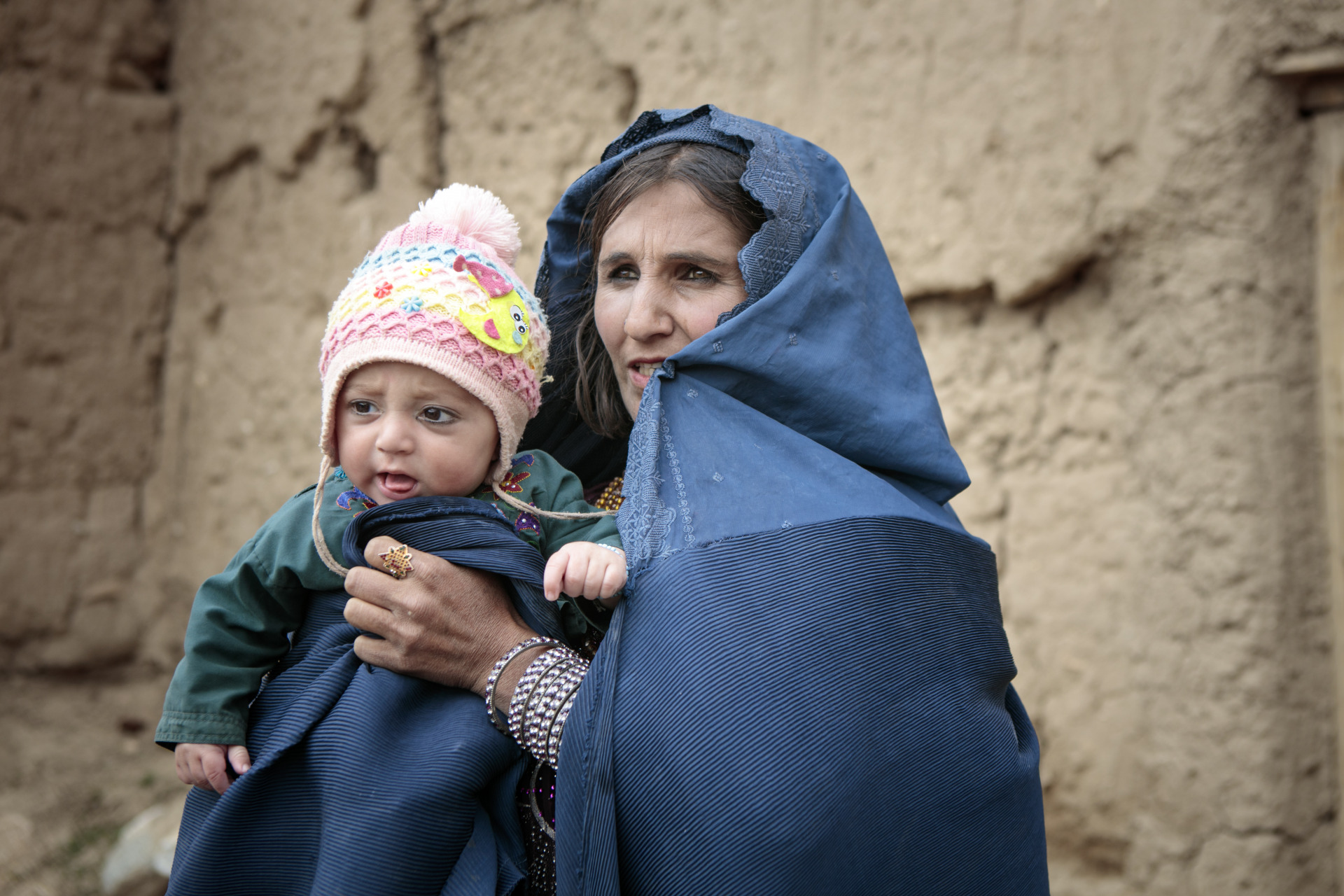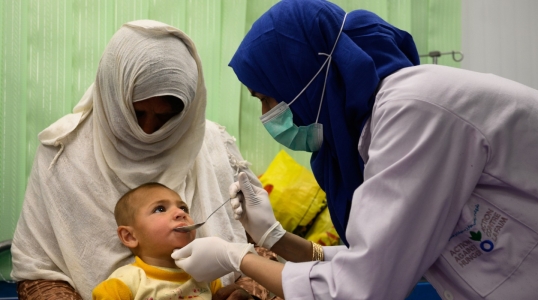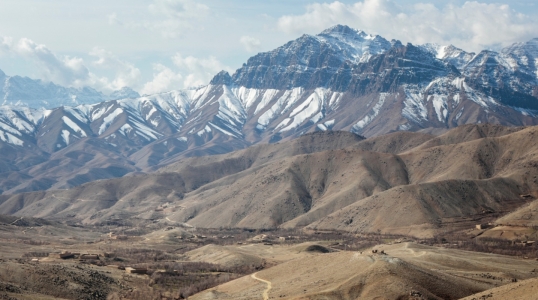
GIVE THIS RAMADAN

A 5.9 magnitude earthquake struck the Central Region of Afghanistan at 1:30 am local time on June 22. The districts of Barmal, Ziruk, Nika and Giyan in Paktika Province and Spera in Khost Province are among the hardest hit. To date, there have been more than 1,000 estimated deaths and 1,500 injuries, many of them severe. Thousands of houses and other buildings have been destroyed: in Giyan alone, as many as 1,800 homes have reportedly been damaged or destroyed – 70% of the district’s housing.
“The number of people killed or injured has yet to be confirmed and is expected to rise as search and rescue operations continue in the hours and days to come,” said Samy Guessabi, Action Against Hunger’s Country Director in Afghanistan.
Action Against Hunger does not currently have programs in the impacted areas, but we rapidly deployed an emergency response team to assess humanitarian needs as a result of this devastating quake. Along with our humanitarian partners and in coordination with authorities, we are preparing to assist families who have lost loved ones, homes, and livelihoods. This major disaster has rocked one of the most vulnerable countries in the world, where more than 24 million people are already in need of humanitarian assistance.
“Afghanistan does not have sufficient infrastructure to cope with an earthquake of this magnitude. Our emergency response team quickly deployed to help, starting with conducting a joint assessment with other humanitarian actors in the most affected areas including Barmal, Ziruk, Nika, and Giyan in Paktika Province and Spera district in Khost Province,” said Guessabi.
In the coming days, Action Against Hunger plans to provide emergency cash assistance to at least 2,000 people in the affected areas. Further responses will be developed as our teams complete assessments of humanitarian needs.
Action Against Hunger has been working in Afghanistan since 1979. Our staff of approximately 900 people in Kabul and in the provinces of Helmand, Ghor, Daykundi, and Badakhshan treat and prevent hunger and its underlying causes and provide access to basic health services.



Join our community of supporters passionate about ending world hunger.